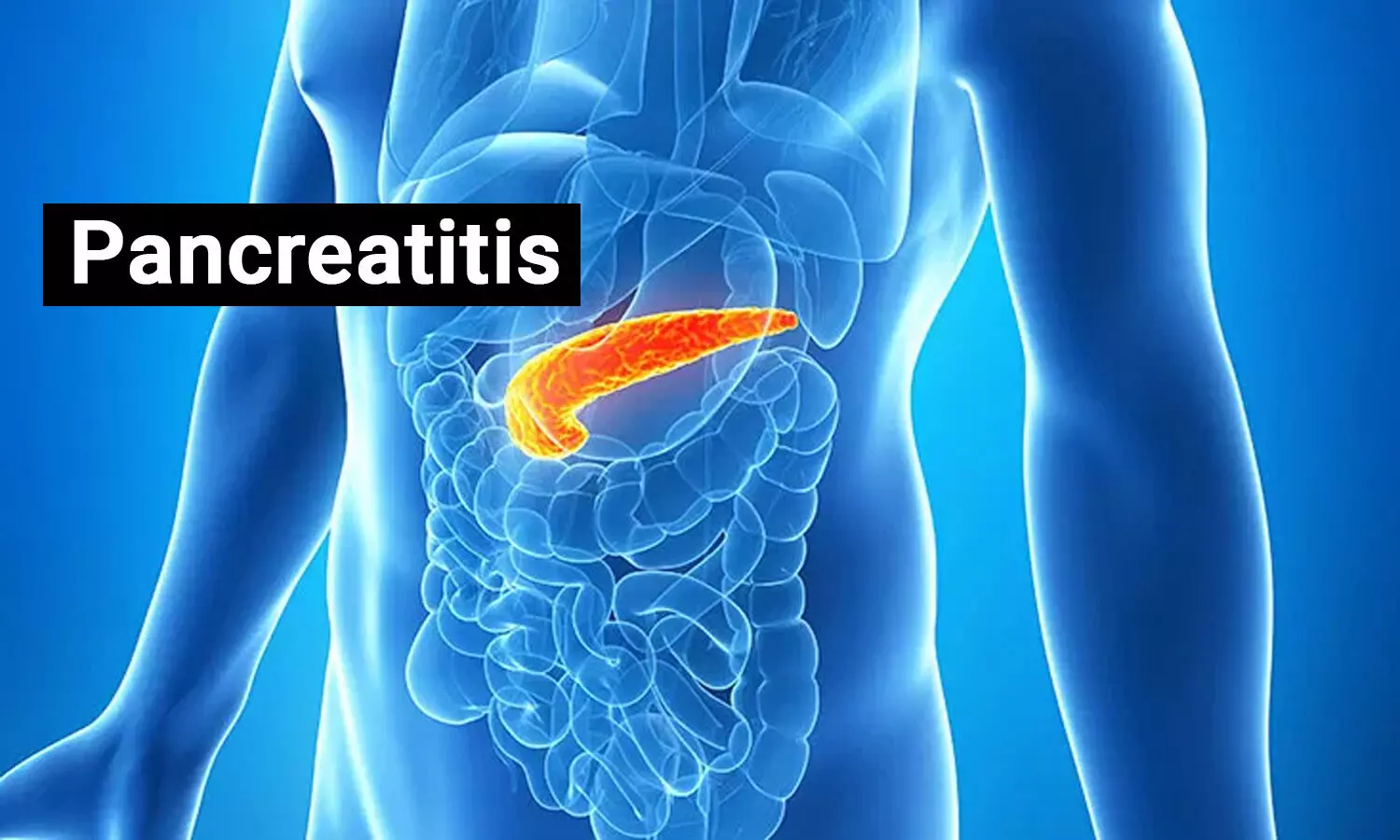- Home
- Medical news & Guidelines
- Anesthesiology
- Cardiology and CTVS
- Critical Care
- Dentistry
- Dermatology
- Diabetes and Endocrinology
- ENT
- Gastroenterology
- Medicine
- Nephrology
- Neurology
- Obstretics-Gynaecology
- Oncology
- Ophthalmology
- Orthopaedics
- Pediatrics-Neonatology
- Psychiatry
- Pulmonology
- Radiology
- Surgery
- Urology
- Laboratory Medicine
- Diet
- Nursing
- Paramedical
- Physiotherapy
- Health news
- Fact Check
- Bone Health Fact Check
- Brain Health Fact Check
- Cancer Related Fact Check
- Child Care Fact Check
- Dental and oral health fact check
- Diabetes and metabolic health fact check
- Diet and Nutrition Fact Check
- Eye and ENT Care Fact Check
- Fitness fact check
- Gut health fact check
- Heart health fact check
- Kidney health fact check
- Medical education fact check
- Men's health fact check
- Respiratory fact check
- Skin and hair care fact check
- Vaccine and Immunization fact check
- Women's health fact check
- AYUSH
- State News
- Andaman and Nicobar Islands
- Andhra Pradesh
- Arunachal Pradesh
- Assam
- Bihar
- Chandigarh
- Chattisgarh
- Dadra and Nagar Haveli
- Daman and Diu
- Delhi
- Goa
- Gujarat
- Haryana
- Himachal Pradesh
- Jammu & Kashmir
- Jharkhand
- Karnataka
- Kerala
- Ladakh
- Lakshadweep
- Madhya Pradesh
- Maharashtra
- Manipur
- Meghalaya
- Mizoram
- Nagaland
- Odisha
- Puducherry
- Punjab
- Rajasthan
- Sikkim
- Tamil Nadu
- Telangana
- Tripura
- Uttar Pradesh
- Uttrakhand
- West Bengal
- Medical Education
- Industry
Low exposure to antibiotics in newborns may not increase risk of early-onset sepsis: JAMA

Infant death
In a nationwide study conducted in Sweden, researchers have discovered that administering antibiotics to newborns during their first week of life does not substantially heighten the risk of early-onset sepsis (EOS) or associated mortality. This finding comes as a significant reassurance to healthcare providers and parents, amid growing concerns regarding the overuse of antibiotics and the development of antibiotic resistance.
The study results were published in the journal JAMA Network Open.
Antibiotic management is a boon in saving the lives of newborns with EOS. However irrational use may develop resistance and adverse outcomes in the development. Antibiotic prescriptions have to be scrutinized to optimize treatment strategies. Hence researchers from Sweden conducted a nationwide observational study titled the Sweden Neonatal Antibiotic Use study and examined data from over 1 million newborns born between 2012 and 2020 across various neonatal units. The study evaluated the relationship between antibiotic usage and the incidence of EOS among late-preterm and full-term neonates.
By including All hospital live births from 34 weeks' gestation, the study was carried out among the neonatal intensive care during the first week of life to identify the usage of intravenous antibiotics during the first week of life, the duration of antibiotic therapy, the rate of culture-proven EOS, and mortality associated with EOS.
Findings:
- The study found that only a small percentage (1.88%) of newborns received antibiotics during their first week of life.
- Of these, about 3.4% were diagnosed with EOS. Antibiotic treatment duration for newborns without EOS had a median of 5 days, totaling 113 antibiotic days per 1000 live births.
- Despite no significant change in neonatal antibiotic exposure or antibiotic days per 1000 live births over the study period, EOS incidence decreased significantly from 0.74 in 2012 to 0.34 in 2020.
- EOS-associated mortality remained stable at 1.39%.
- Remarkably, the researchers observed no significant increase in the incidence of EOS or associated mortality over the study period, despite the relatively low antibiotic exposure.
- The incidence of EOS was 0.63 per 1000 live births.
Unnecessary antibiotic use not only contributes to the emergence of antibiotic-resistant bacteria but also poses potential risks to newborns, including adverse effects and disruptions to the developing microbiome. Moving forward, the findings of this study may guide healthcare providers in optimizing antibiotic treatment strategies for newborns, striking a delicate balance between effective infection management and antimicrobial stewardship.
Further reading: Gyllensvärd J, Studahl M, Gustavsson L, et al. Antibiotic Use in Late Preterm and Full-Term Newborns. JAMA Netw Open. 2024;7(3):e243362. doi:10.1001/jamanetworkopen.2024.3362.
BDS, MDS
Dr.Niharika Harsha B (BDS,MDS) completed her BDS from Govt Dental College, Hyderabad and MDS from Dr.NTR University of health sciences(Now Kaloji Rao University). She has 4 years of private dental practice and worked for 2 years as Consultant Oral Radiologist at a Dental Imaging Centre in Hyderabad. She worked as Research Assistant and scientific writer in the development of Oral Anti cancer screening device with her seniors. She has a deep intriguing wish in writing highly engaging, captivating and informative medical content for a wider audience. She can be contacted at editorial@medicaldialogues.in.
Dr Kamal Kant Kohli-MBBS, DTCD- a chest specialist with more than 30 years of practice and a flair for writing clinical articles, Dr Kamal Kant Kohli joined Medical Dialogues as a Chief Editor of Medical News. Besides writing articles, as an editor, he proofreads and verifies all the medical content published on Medical Dialogues including those coming from journals, studies,medical conferences,guidelines etc. Email: drkohli@medicaldialogues.in. Contact no. 011-43720751




